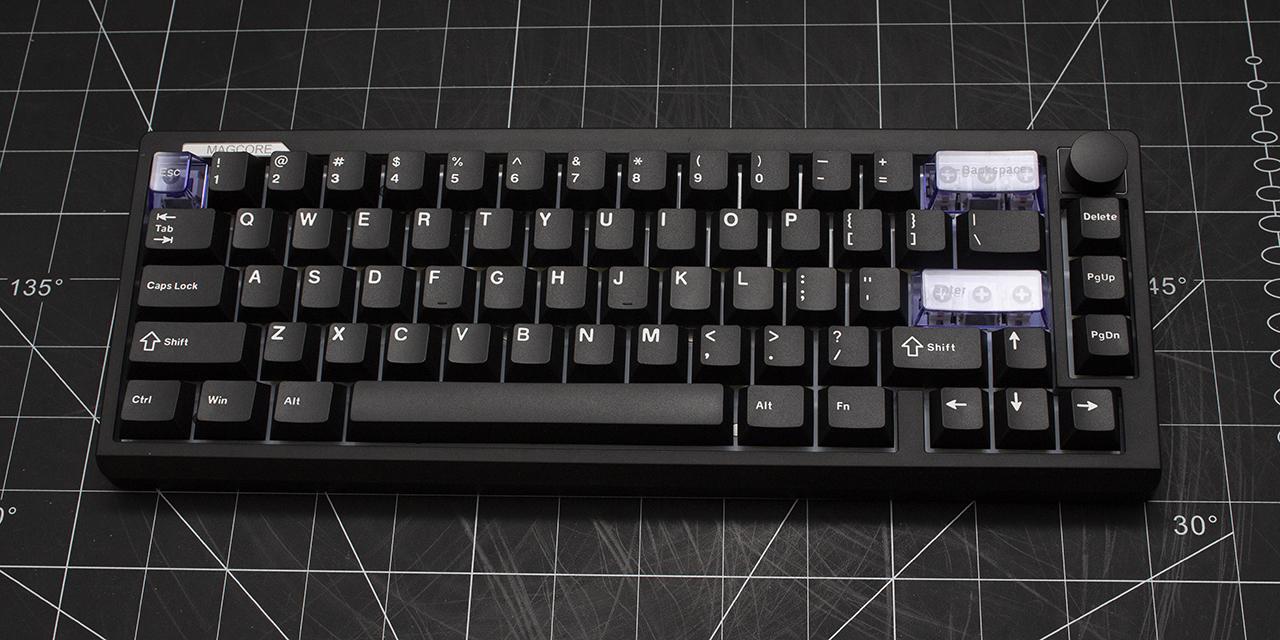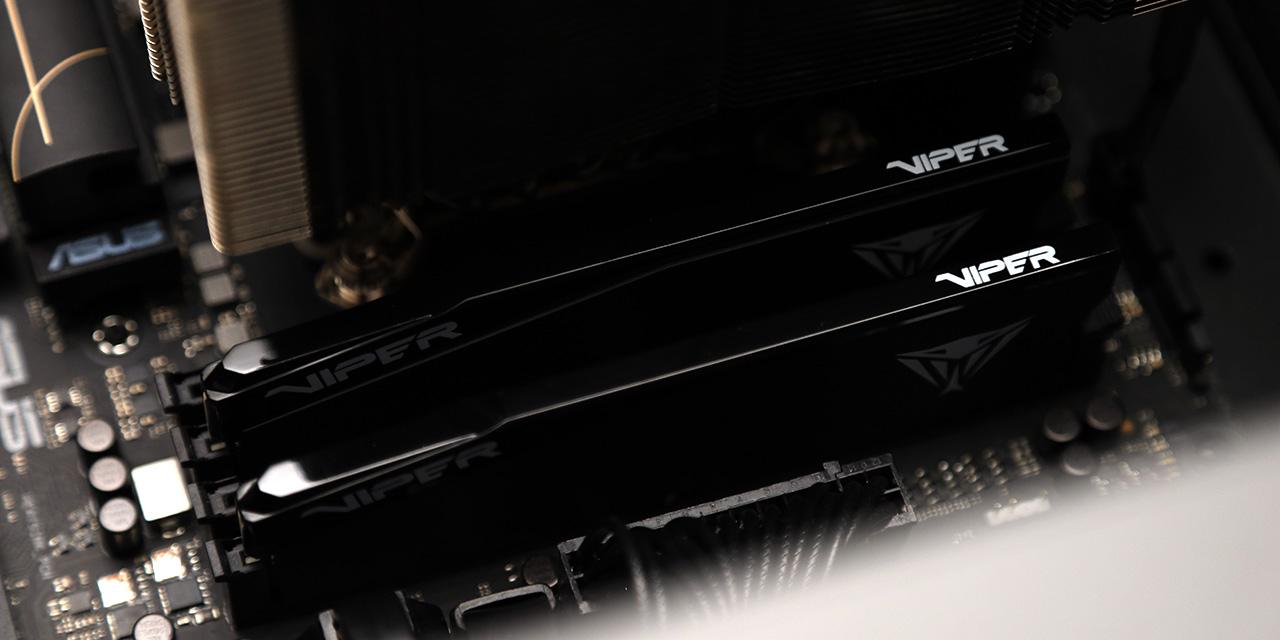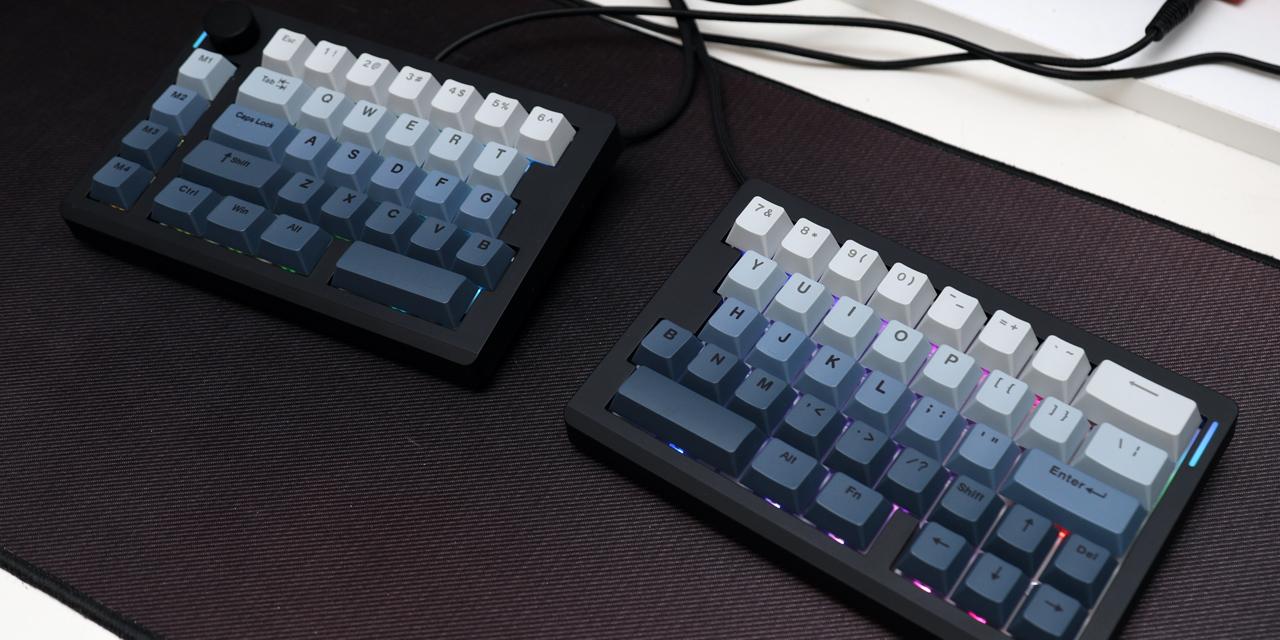|
From X-bit Labs: OCZ Technology, a major own-brand vendor of solid-state drives, said that triple-cell-per-bit (TLC) NAND flash memory could be used for solid-state drives. In fact, the company plans to use the memory originally intended for temporary storage solutions (e.g. memory cards and USB flash sticks) for permanent storage devices, e.g., SSDs. "We announce [the intention to ship] TLC-based drives! [...] People have been talking about [TLC-based SSDs] for a long time and we have now put ourselves with next-gen [Indilinx Everest] controller, which we are shipping in January, and position it for low-end servers, consumers, laptops, retail; those sub-segments that really can adopt TLC-based solutions. This is really where we can get over four years of life [of SSDs]," said Ryan Petersen, chief executive officer of OCZ at the Needham HDD and memory conference. Triple-bit-per-cell (3bpc) NAND flash is relatively cheap in manufacturing, but its redundancy is dramatically below that of multi-layer cell [MLC, 2bpc]: around a 1000 writes (for TLC) versus 10000 writes (for MLC) and simply cannot be compared to the number of write cycles for SLC [single layer per bit] which are around 100 000. The latest OCZ Everest controller for SSDs does support TLC NAND flash. In theory a combination of a very advanced controller along with extreme redundancy are needed to overcome disadvantages of TLC type of memory. What OCZ plans to do remains unknown. View: Article @ Source Site |
 |
OCZ Plans Inexpensive SSDs Based on Triple-Bit-Per-Cell NAND Flash
© Since 2005 APH Networks Inc. All trademarks mentioned are the property of their respective owners.





